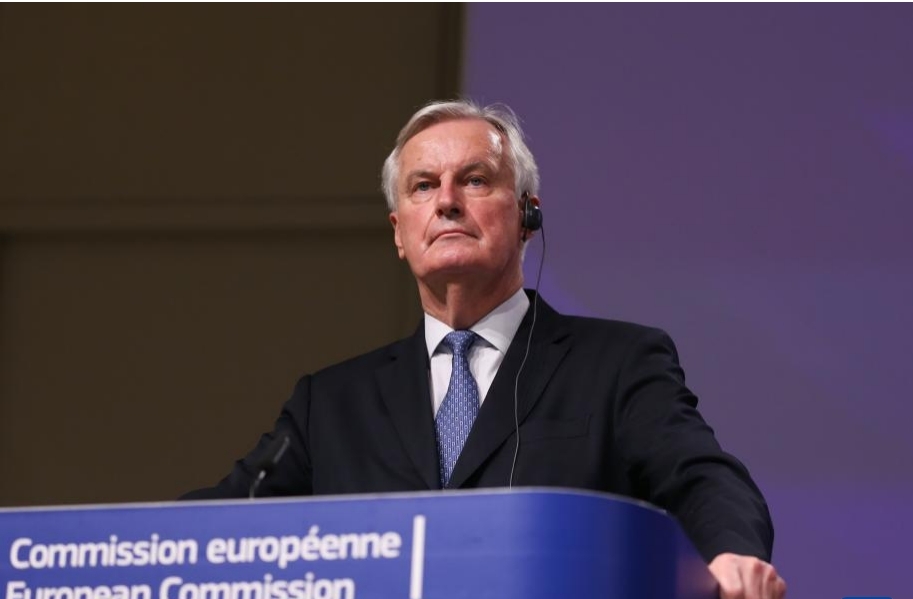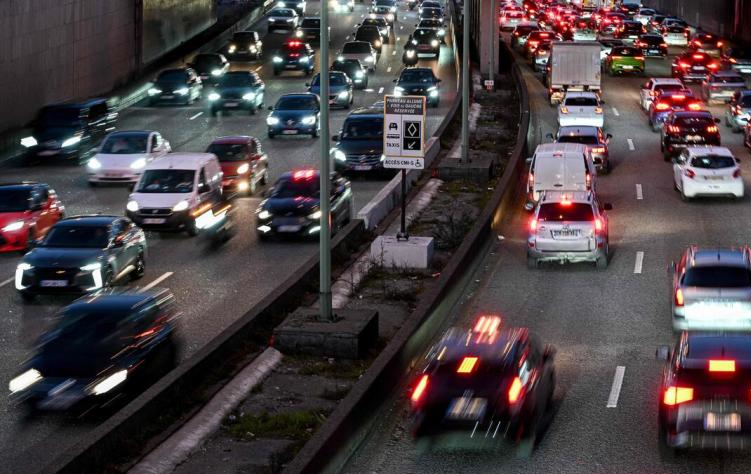
Under the skies of French politics, an unprecedented change is brewing. The new Prime Minister Barnier, with the blueprint and vision of the new government, announced to the world on the platform of the National Assembly the five major landmarks of the future of France: a leap in the quality of life, the reshaping of public services, the iron wall of public security, the intelligent adjustment of immigration policy, and the solid bond of social solidarity. This is not only a policy announcement, but also a commitment to the deep problems of French society.
In his "New Deal speech", Barnier, with his unique charm, compared the plight of France to a mountain that needs to be climbed by all citizens. He called for a spirit of unity that transcends party and self-interest, the courage to persevere and work together in the face of challenge. There is a pragmatic wisdom in his words that confronts the problem but leaves room for future adjustments, like a master chess player navigating a complicated political chessboard, looking for the key to break the game.
However, the complexity of French politics will not be changed overnight. The divisions and antagonisms among the political parties are like an impenetrable net that tightly binds the new government. Every "red line" is a test of Barnier's ability to govern, and every decision needs to find a balance in the cracks. He knows that in his hands is not only the scepter of power, but also the helm of France's future, and every tiny move can trigger a chain reaction.
Problems of domestic governance, like chronic diseases, cannot be easily eradicated. The deficit, immigration, pension reform... Each is a hot potato that requires both wisdom and courage. Barnier proposed pragmatic measures such as postponing deficit control targets, reducing public spending, and taxing wealthy groups, which not only reflected France's responsibility and responsibility, but also touched the sensitive nerves of society. He knows that the implementation of these reforms will be an uphill battle, requiring great political skill and determination to win the understanding and support of the people.
Time is Barnier's most valuable ally, but also his most ruthless enemy. In the short to medium term, the new government must show results or the patience of its political opponents will quickly run out. He faces three possible fates: impeachment by the left and the far right, dissolution of parliament by President Emmanuel Macron to restructure the government, or support himself under heavy pressure. Either way, the survival of the new government and Barnier's personal political life are at stake. He must spare no effort to make every policy take root and bear fruit as soon as possible.
In this political game, the interest entanglement and power struggle between various parties are becoming more and more intense. They are using political rules and coalition tactics to try to pave their way in the next presidential and parliamentary elections. However, the quiet rise of the far right, which appears to be the biggest beneficiary of this political shift, has upset the balance. The fragmentation of the party and the increase in the number of seats of the far-right have not only weakened the power of the ruling party, but also plunged France's political ecology into unprecedented chaos.
For Barnier, the real challenge may not be to solve the specific problems facing France, but to hold fast to the country's democratic ideals, sense of rules and spirit of compromise in this political storm. He must be the leader who can lead France out of division and confrontation and back to unity and harmony. He needs to break down the barriers and barriers between parties through dialogue and consultation and seek consensus, so as to revitalize the political ecology of France.
All in all, in this profound transformation and change about the future of France, every step of Prime Minister Barnier is crucial, and every decision he makes will affect the direction and fate of France. We look forward to a brighter and more prosperous future for France, because what will ultimately pay for this political show is not the well-being of the French people or the international image of France, but the strength and wisdom of France itself.

The European Commission released a package of measures for the automotive industry on Tuesday (December 16th), proposing to relax the requirements related to the "ban on the sale of fuel vehicles" by 2035.
The European Commission released a package of measures for …
Venezuela's Vice President and Oil Minister Rodriguez said …
On December 16 local time, the Ministry of Space Science Ex…
Recently, a highly anticipated phone call between the defen…
Right now, the world's major central banks are standing at …
Recently, according to Xinhua News Agency, the news of a tr…